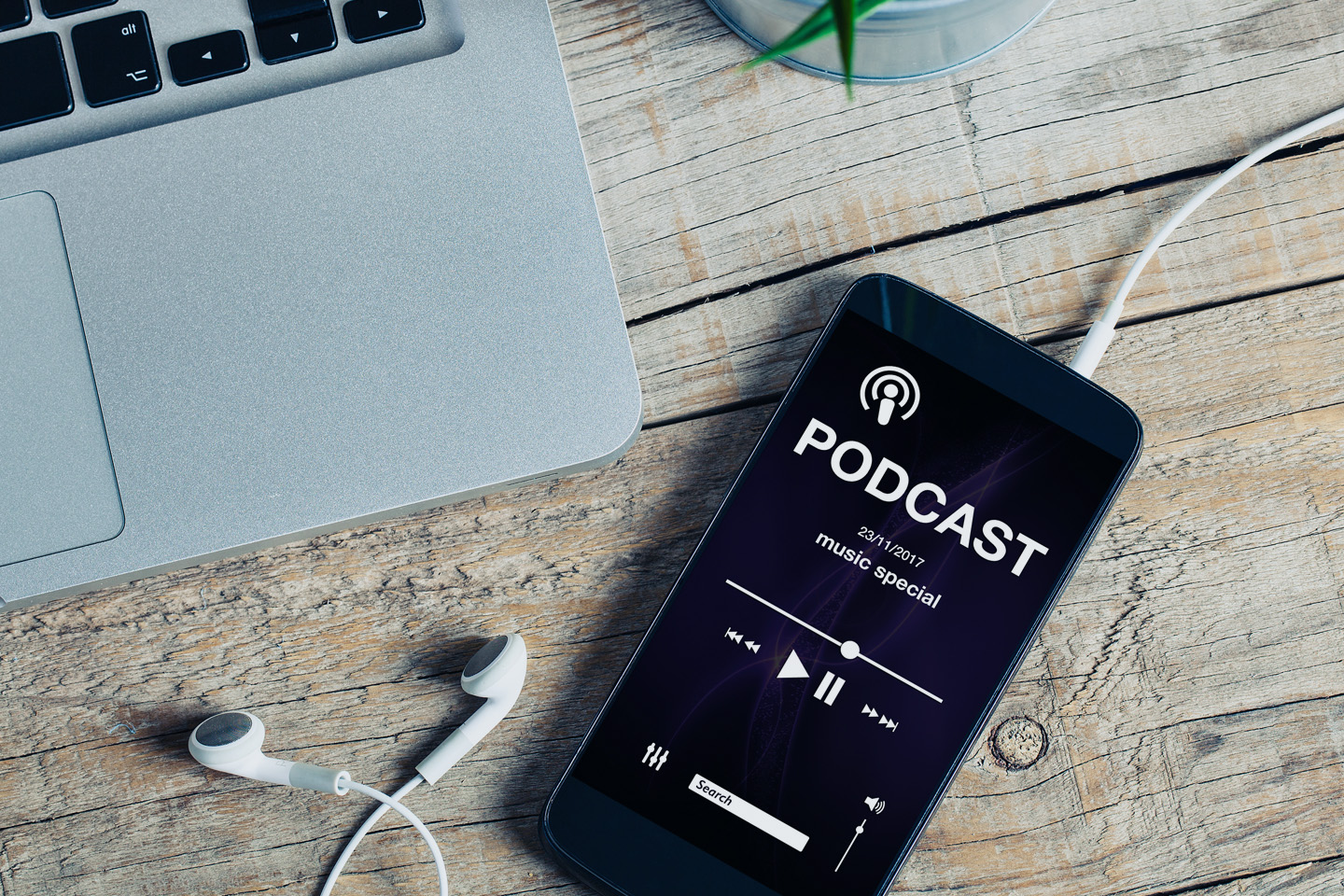Boost your financial know-how with these top-rated podcasts
If you are one of the 12 per cent of New Zealanders who, according to NZOnAir, listen to podcasts every day, you'll know how these audio gems can change a commute from boring to brilliant, or upskill you during downtime.
Podcasts offer insights, entertainment or knowledge that can be streamed or downloaded from platforms such as Apple Podcasts or Spotify to your smart phone, computer or laptop. While some Kiwis enjoy the thrill of true crime conversations or laughs with a comedy show, switched on New Zealanders are leaning into savvy self-help podcasts that are not only keeping them entertained, but also helping them get ahead financially.
We caught up with Frances Cook, money journalist and host of popular finance podcast Cooking the Books, to learn more about the influence of podcasts, the most common questions she receives from listeners, and her top financial tips for 2021.
Why are podcasts so popular?
Podcasts are the perfect way to boost your knowledge. They are conversational, so you are not bogged down in jargon, and you can listen to them on the go. Podcasts also offer more in-depth conversations over other forms of media.
Podcasts are also easily accessible and help build a new relationship between listener and host. This relationship means the audience often becomes much more invested in what is being discussed and are more willing to share recommendations with their friends.
What are the most common questions you get from listeners?
Currently, the most common questions relate to buying your first home and investing in shares.
Younger listeners want to know how to optimise their KiwiSaver to make sure they're building up a deposit as fast as possible. Others are giving up on housing for the short term and want to learn more about building their wealth through shares.
What are your top financial tips for 2021?
If 2020 has hammered anything home, it's that you never know what will be around the corner. Moving into 2021, we need to remember the fundamentals of personal finance.
One of the most important things to consider is having emergency savings ready to go. At least $1,000 to start, and three months of your living expenses is even better. We should always expect the unexpected and having an emergency fund gives you peace of mind.
The next tip is to always try to keep emotion away from your money. Decide on the best financial plan for you when times are good – and then stick to it when times are bad, even if you're panicking. Decisions made out of desperation usually don't end well.
Top financial podcasts to educate and entertain you
Check out our recommended money-related podcasts that give you the inside edge on finance.
Cooking the Books
Cooking the Books, presented by Newstalk ZB and NZ Herald is hosted by Frances Cook. Each week, Frances tackles different money issues and offers advice on matters such as budgeting, buying a house, fixing KiwiSaver, checking your credit score and more.
For more information, visit: newstalkzb.co.nz/on-demand/cooking-the-books
Your Money with Mary Holm
Each fortnight, investment author and columnist Mary Holm talks personal finance with RNZ host Jesse Mulligan. Together, they discuss topics to make your money work harder for you, including financial literacy, managing debt, how to boost your retirement savings and even how to invest in shares for fun.
For more information, visit: rnz.co.nz/programmes/your-money
We Study Billionaires
US-based 'We Study Billionaires', hosted by Preston Pysh and Stig Brode, is the largest stocks investing podcast in the world with over 40 million downloads. Their podcast episodes feature famous financial billionaires such as Warren Buffet and offer advice on how listeners can implement the same investment strategies into their own lives.
For more information, visit: theinvestorspodcast.com/we-study-billionaires
The opinions expressed in this article are the opinions of the author(s) and not necessarily those of Resimac. The above is general commentary only and is not advice tailored to any individual's financial situation. We recommend seeking advice from a finance professional before implementing changes relating to your finances.



 Login
Login
